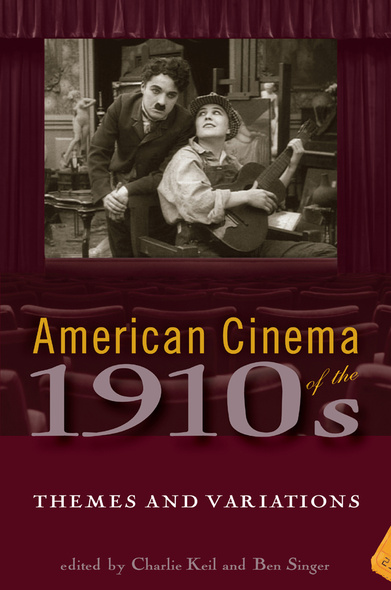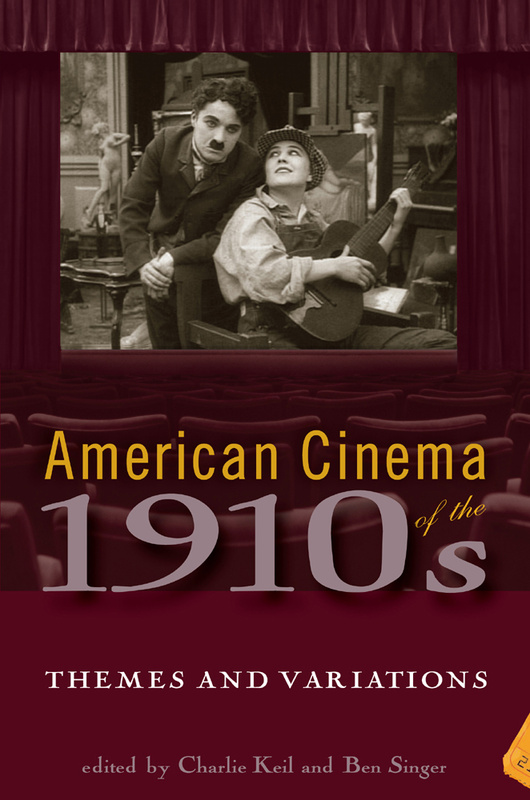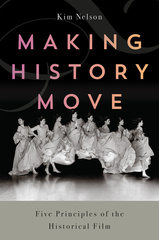American Cinema of the 1910s
Themes and Variations
The essays in American Cinema of the 1910s explore the rapid developments of the decade that began with D. W. Griffith's unrivaled one-reelers. By mid-decade, multi-reel feature films were profoundly reshaping the industry and deluxe theaters were built to attract the broadest possible audience. Stars like Mary Pickford, Charlie Chaplin, and Douglas Fairbanks became vitally important and companies began writing high-profile contracts to secure them. With the outbreak of World War I, the political, economic, and industrial groundwork was laid for American cinema's global dominance. By the end of the decade, filmmaking had become a true industry, complete with vertical integration, efficient specialization and standardization of practices, and self-regulatory agencies.
‘There is nothing like this series. Screen Decades firmly situates American cinema in the realms of material culture, popular culture, cultural narrative, reception analysis, and industrial history.’
CHARLIE KEIL is an associate professor in the history department and the director of the Cinema Studies Institute at the University of Toronto. He is the author of Early American Cinema in Transition: Story, Style, and Filmmaking, 1907-1913.
BEN SINGER is an associate professor of film in the department of communication arts at the University of Wisconsin, Madison. He is the author of Melodrama and Modernity: Early Sensational Cinema and Its Contexts.
1910 : Movies, reform, and new women / Scott Simmon
1911 : Movies and the stability of the institution / EIleen Bowser
1912 : Movies, innovative nostalgia, and real-life threats / Richard Abel
1913 : Movies and the beginning of a new era / Charlie Keil
1914 : Movies and cultural hierarchy / Rob King
1915 : Movies and the state of the union / Lee Grieveson
1916 : Movies and the ambiguities of progressivism / Shelley Stamp
1917 : Movies and practical patriotism / Leslie Midkiffe DeBauche
1918 : Movies, propaganda, and entertainment / James Latham
1919 : Movies and righteous Americanism / Ben Singer






